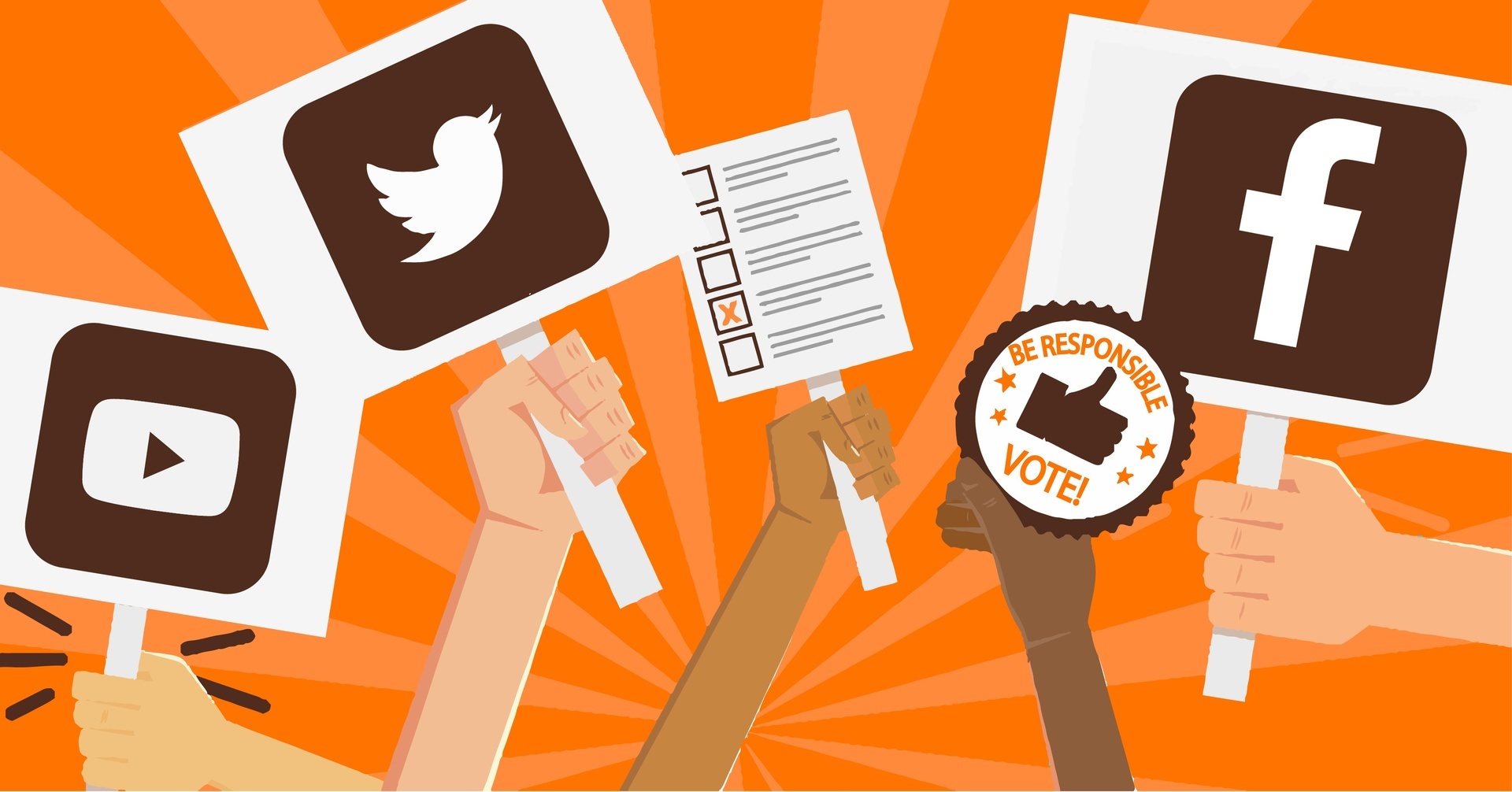
TOK REFERENCING: the increase in social media usage in this technological era has led us to access various sources of knowledge across the globe. It has changed the conventional ways in which knowledge has been transferred and retrieved. This change in medium however can have considerable change on the knowledge transferred itself. Thus, as knowers, it is important that we investigate this standpoint to make sure that knowledge transferred is not majorly distorted from the original. This aspect is explored in the following blog page.
Former President Donald Trump’s presidency failures has been criticized by a worldwide audience with social media being the key factor by which these political knowledge has been reaching people at the corners of the globe. This led me to my knowledge question: what impact has social media had on how we acquire and share political knowledge?
It is important we understand two important key terminologies: social media and political knowledge in order to explore this query. Social media is an online platform that allows people to share resources and connect online while maintaining online social relationships. Political knowledge is formed from the basis of factual information on politics and politically relevant details.
It is also highly relevant that we understand the negative and positive effects of using social media in political matters as this majorly affects the state by which we acquire and share political knowledge.
With a growth in people going ‘online’ increased, social media access had spiked up. This has had both negative and positive effects on politics. A study collecting public opinion showed that there were mixed feeling on how people felt that technology was helping politics prosper. On one hand many have felt that social media has help kept many people informed on the political status of the country, and has gotten them more involved in the actual political process.
Social media sites have also been a platform used to unite people together for a particular political cause. Due to the convenience of the internet, we are efficiently and rapidly able to acquire knowledge on a political matter and have been easily able to unite together to form protest or support groups by simply ‘sharing’ information with a click of a button. A relatable example is when social media was used in India to expose Indian cops who had been using Indian tribes as a means to close unfinished cases (the Irular tribe abuse). Without social media, there wouldn’t have been increased awareness on this particular matter and innocent lives would have suffered very badly.
However, in the same study conducted, people also felt that the use of social media in political matters has also gotten them easily manipulated. This can be due to politicians having access to social media sites as well, which has made it easy for some to spread propaganda and gain support very rapidly and also by false rumours being spread easily . A very common example that is relevant to understand this circumstance is looking closely at the elections in Tamil Nadu. Before the voting begins for the chief minister’s post, many political parties clog up advertisement slots to broadcast their ‘good doings’ and ‘donations’ which may persuade people and help them gain votes.
According to another survey conducted by Pew Research Centre on adults in the U.S. on July 2020, about 64% of Americans believed that social media had a negative effect on the way things were happening in the country. This is again because of the level of uncertainty in the information we receive and due to increased harassments’ faced online.
So, although we acquire political knowledge and share them very rapidly, since they are most likely subjected to bias from online group communities which they pass through before they reaches us and due to the increased uncertainty factor that they carry along with them, they can be called inefficient in certain cases.
Thus, in conclusion, although social media has indeed increased the convenience by which we can access and share political knowledge, it has definitely increased the vulnerability of the political knowledge to external bias and influences which causes it to carry an uncertainty factor.
Sources:
2. https://www.annualreviews.org/doi/10.1146/annurev-economics-081919-050239
3. https://knowledge.wharton.upenn.edu/article/impact-of-social-media/
4. https://www.ncbi.nlm.nih.gov/pmc/articles/PMC4894288/
5. Online dictionary
7. Acquired knowledge
cover image source: https://www.bgsu.edu/news/2020/10/politics-and-social-media-explores-affirmation-or-anxiety.html
Comments
Post a Comment